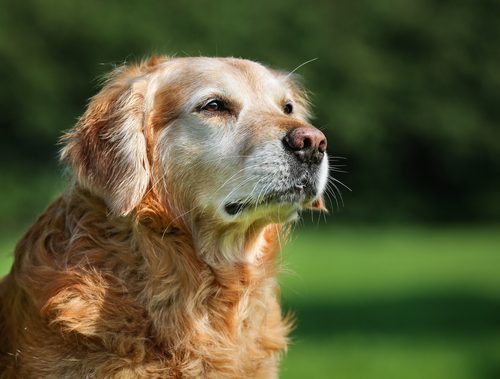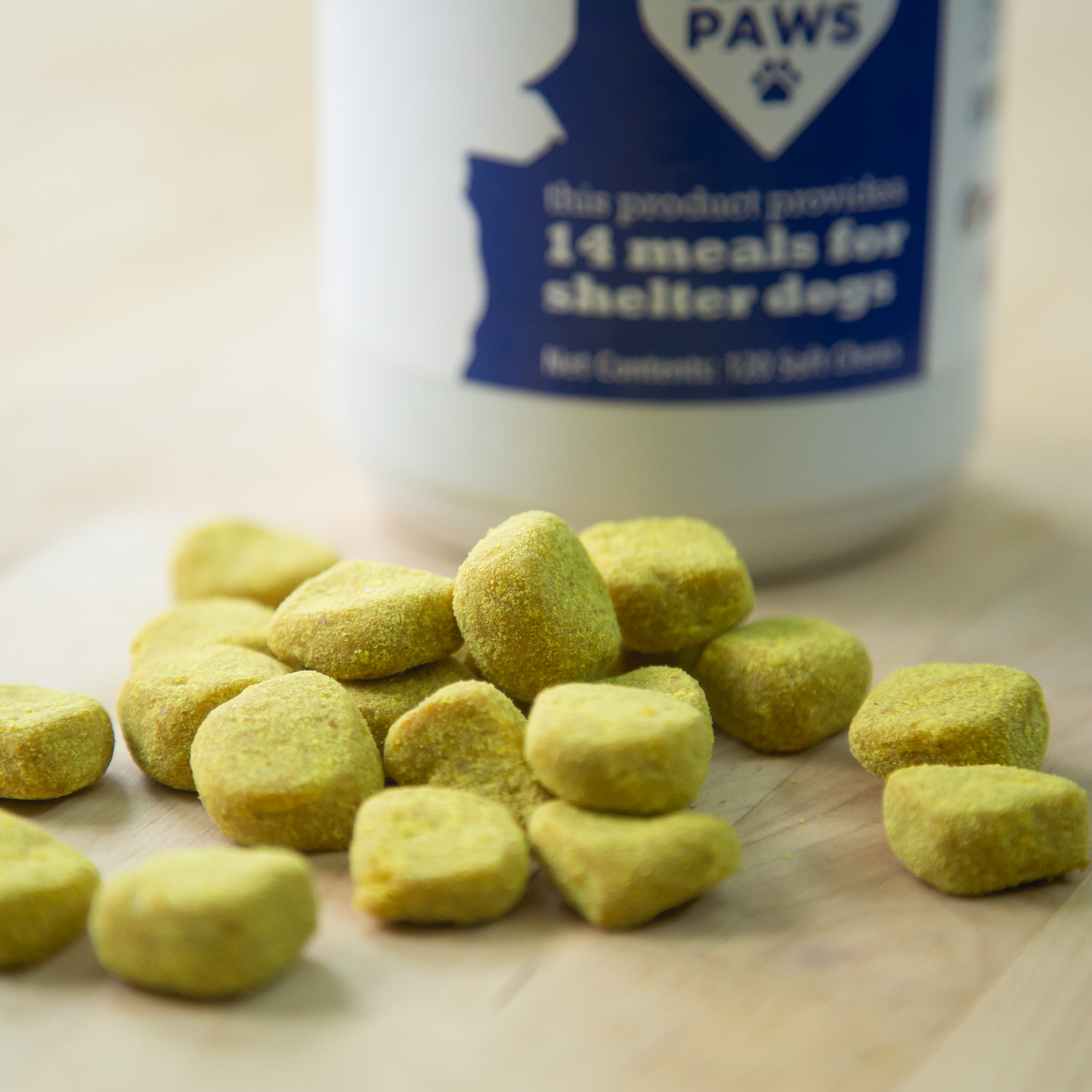Aging is a normal process and is not a disease, but there are some common and predictable changes that occur as your dog ages. Knowledge is power and being aware of these changes allows you to make accommodations to keep your dog’s life easy and happy.
1.Cognitive dysfunction (Brain Aging)
The brain ages too and with that progression comes some slowing down of the mental processes. Some dogs are not severely affected, but every dog has some degree of cognitive dysfunction if he lives long enough. Signs include: disorientation, anxiety, changes in memory, and sleep disruption. There are strategies, the supplements, and medications that can help delay the process, so ask your veterinarian.

2. Vision impairment
The structures of the eye experience age associated changes which can decrease their flexibility, leading to difficulty in seeing, especially in low light situations. Visual impairment is an expected process and some easy changes to your environment can improve your senior dog’s quality of life. Something as simple as adding night lights to the outlets along dark hallways might make a big difference for your dog.
3. Sensory Change
The other senses can also be affected by aging. Senior dogs can often lose some or all of their hearing and their perception of touch can be different. Being tuned in to your dog’s ability to perceive sound and touch can help you modify the way you interact with her. Some owners make a point to stomp their feet when they enter a room, so their dog can feel and hear their arrival.

4. Dental pain
Older dogs are more likely to have periodontal disease. We know that dental disease causes pain and pets are expected to hide pain. Hiding pain is an adaptive response for animals in nature because weakness is perceived as vulnerability. Certainly your veterinarian can help you address any dental pain may your dog might have.
5. Metabolism changes
Some dogs become thin as they grow older and some dogs are more apt to be obese. It is important that you address the specific needs of your dog. Ask your veterinarian for help in making sure that your dog’s metabolic needs are the cornerstone for one and how you feed him. A simple diet change may help him live longer and better.
6. Constipation
Disruption in bowel motility can be a result of the aging change in the nerves or cells of the intestinal tract. Many times senior diets are already formulated to offset this common issue. Your dog should produce a stool every day as long as she is eating normally. If she doesn’t, ask your veterinarian what you can do to help.

7. Difficulty rising and impaired balance
As nerves and muscles age, certain movements can become difficult. Older dogs often have the most difficulty in rising from lying down or when navigating slick surfaces. This is because of the types of fibers required by these kinds of movement. Difficulty rising can also be a sign of pain, so make sure your veterinarian helps you decide if your dog’s issue is a normal part of his aging or is something that can be treated and improved.
As veterinary medicine and science struggle to find ways to make our dogs live longer, we have not found the fountain of youth just yet. Meanwhile, it is within your power to make your aging dog’s life easier. Be aware of the expected and common changes associated with a dog’s golden years and make the accommodations to make his life stress-free. For more on ways to make life better for your older dog, see Simple Life Hacks To Make It Easier For A Senior Dog.
Joint supplements from Project Paws can help put a spring back in your senior dog’s step and will provide shelter dogs with nutritious meals!

Join in the conversation! Find me and my other dog lover followers on Facebook by clicking here.
